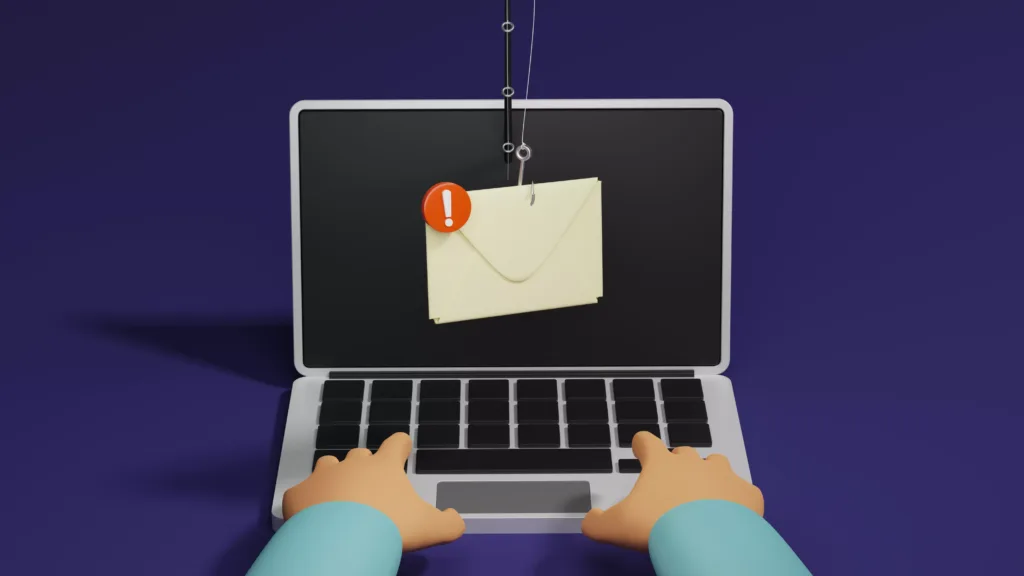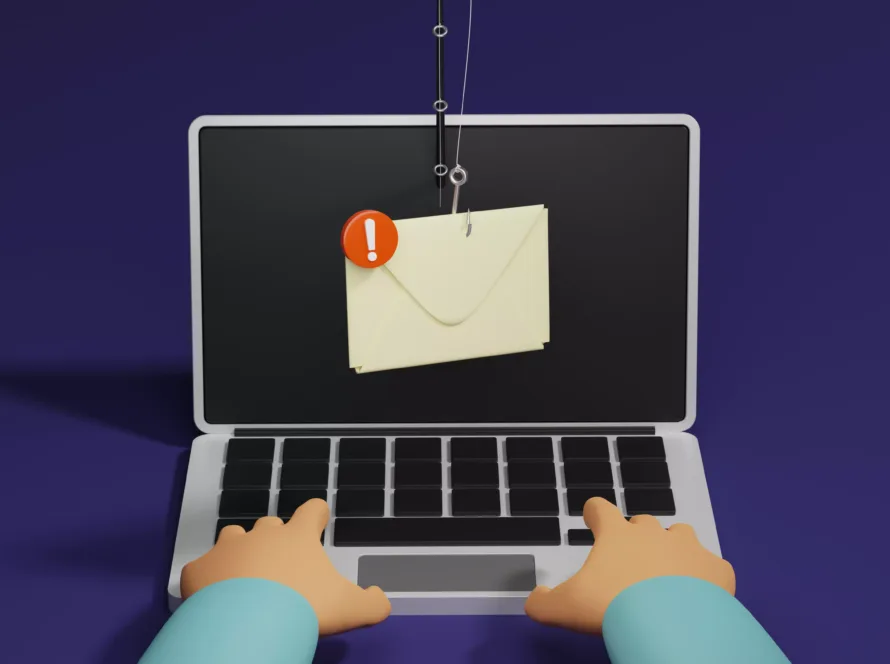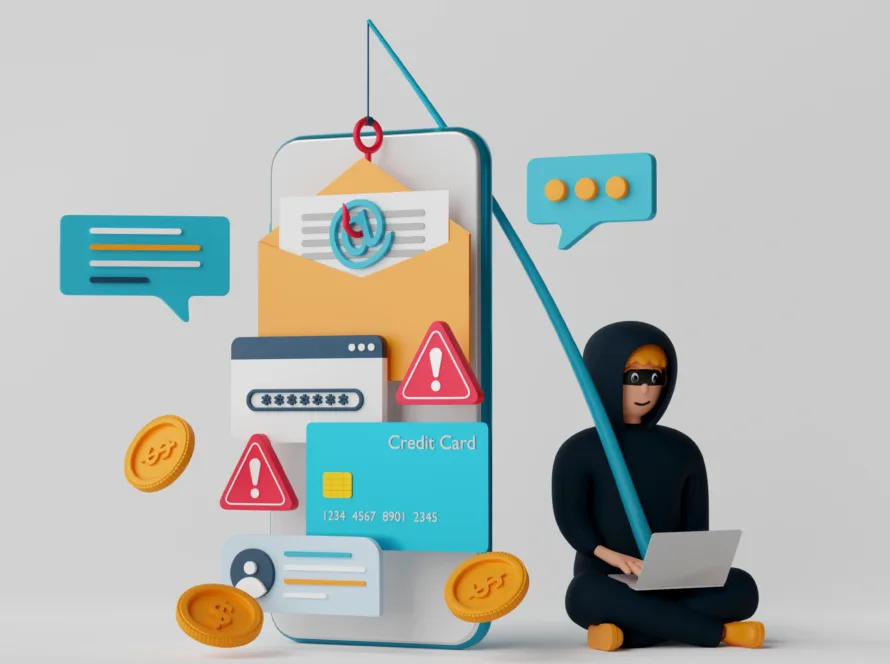Introduction
The Nigerian Prince Scams, often hailed as one of the classic email frauds, continues to lure unsuspecting victims into its web of deception. With promises of immense wealth and grandeur, this scam has persisted for decades, preying on the gullible and the unaware. In this article, we delve into the intricacies of this notorious scam, unraveling its history, modus operandi, impact, and ways to protect oneself.
History of the Nigerian Prince Scams
Originating from Nigeria in the 1980s, this scam has undergone numerous iterations over the years, adapting to technological advancements and shifting global landscapes. From its humble beginnings as a postal mail scheme to its current form as a prevalent email scam, the Nigerian Prince Scam has left a trail of victims and garnered infamy worldwide.
How the Nigerian Prince Scams Work
The modus operandi of the Nigerian Prince Scam is relatively straightforward yet cunning. Victims typically receive an unsolicited email from someone claiming to be a Nigerian prince or a wealthy individual from another country. The email usually promises a substantial sum of money in exchange for a small favor, such as providing bank account details or sending an initial payment to cover administrative fees.
Red Flags to Identify the Scam
While the Nigerian Prince Scam may appear convincing at first glance, several red flags can help discern its fraudulent nature. Grammatical errors, spelling mistakes, and inconsistencies in the email’s content are common indicators of a scam. Additionally, requests for personal information or financial transactions without proper verification should raise suspicion.
Conclusion
The Nigerian Prince Scam serves as a sobering reminder of the dangers lurking in the digital realm. By understanding its intricacies, recognizing red flags, and adopting proactive measures, individuals can shield themselves from falling prey to deceptive schemes and safeguard their financial well-being.
*Fallen a victim to scams?
*Want to rerport a scam?
Look no futher than ReclaimLTD! Click here to open the main page>
FAQ
How prevalent is the Nigerian Prince Scam today?
Despite increased awareness, the Nigerian Prince Scam persists, targeting individuals across the globe through various communication channels.
Are there any legitimate instances of Nigerian princes offering financial assistance?
Genuine philanthropic efforts do exist, but they are exceedingly rare and typically do not involve unsolicited emails requesting personal information or money.
Can victims of the Nigerian Prince Scam recover their losses?
Recovering losses from the Nigerian Prince Scam can be challenging due to the elusive nature of scammers and the complexity of international legal frameworks.
What should I do if I suspect I’ve been targeted by a scam?
If you suspect you’ve encountered a scam, refrain from engaging further and report it to the appropriate authorities or consumer protection agencies such as the FTC immediately.
How can I help others avoid falling victim to scams like the Nigerian Prince Scam?
Educating friends, family, and community members about common fraud schemes and sharing resources on scam awareness and prevention can help protect others from becoming victims.





